Ryan Harb, a certified permaculture designer, created eco-friendly gardens on his college’s campus as part of his senior thesis. His efforts brought him to Washington, D.C. last year where he accepted The White House Campus Champions of Change award and shook President Barack Obama’s hand.
“This hand shook [Obama’s] hand,” said Harb, as he held up his right hand. “A lot of people like to shake my hand now… but I did wash it!”
Earlier this week, Harb came to City College to discuss methods of integrating permaculture into community and daily life. His lecture took place Sunday, Feb. 17 in the BC Forum on West Campus.
Permaculture is a term used to describe a self-sufficient ecosystem without interference from pesticides and fertilizers.
Harb began his career as a student at the University of Massachusetts Amherst where he created a sustainable garden on his personal front lawn for his Green Building degree thesis.
“I got to defend my thesis in my garden and I was barefoot,” said Harb. “It was pretty cool.”
After a year of work, he was ready to share his garden with the local media and his school.
Upon noticing a vast interest in permaculture among students, Harb began planting gardens around his campus. He has since been hired by his alma mater as the Permaculture Academic Program Coordinator. He has completed a project every year and created jobs for students post-graduation.
Adam Green, assistant professor for the biological sciences department and director for the Center for Sustainability, commented that fully integrated campuses are necessary to start a change. Teaching students in classrooms and leading by example outside the classroom motivates students more.
Harb insisted that no precise formula leads to creating a self-sustaining college campus and every project is different because of varying circumstances.
“The only tool that’s not in a permaculturist’s toolbox is a cookie cutter,” he said.
Creating community through gardening is the heart of a permaculture project. He said he wants to “create a buzz,” grow healthy and local food, and make an easily replicable and affordable model that others can mimic.
The workshop, which preceded the lecture, was taught with the help of Cal Poly graduate Alex Vincent and City College student Daniel Parra Hensel. With activities targeted at helping participants realize their skills and time spent brainstorming, solutions for conserving the environment began to take shape.
“I would be able to help envision a new world order,” said Vincent in an exercise demonstrating the groups’ talents.
The lecture was co-sponsored by the City College Center for Sustainability and the Santa Barbara Permaculture Network.


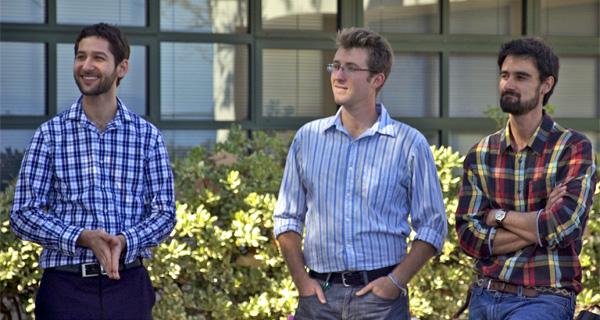
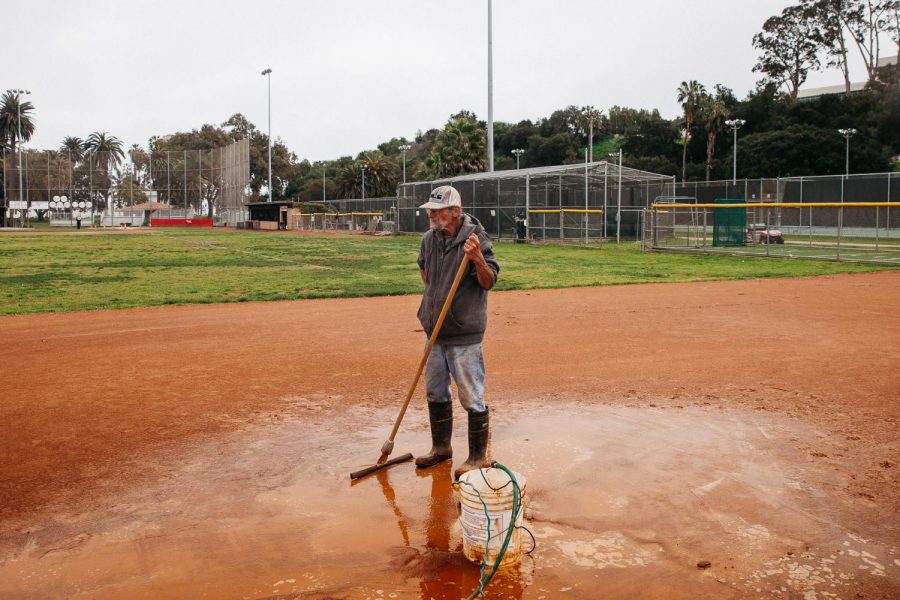
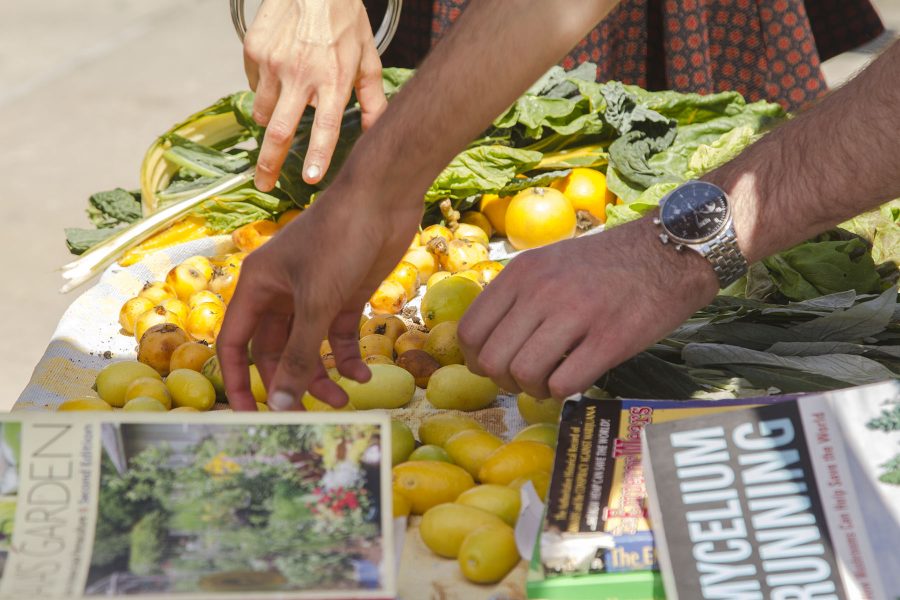
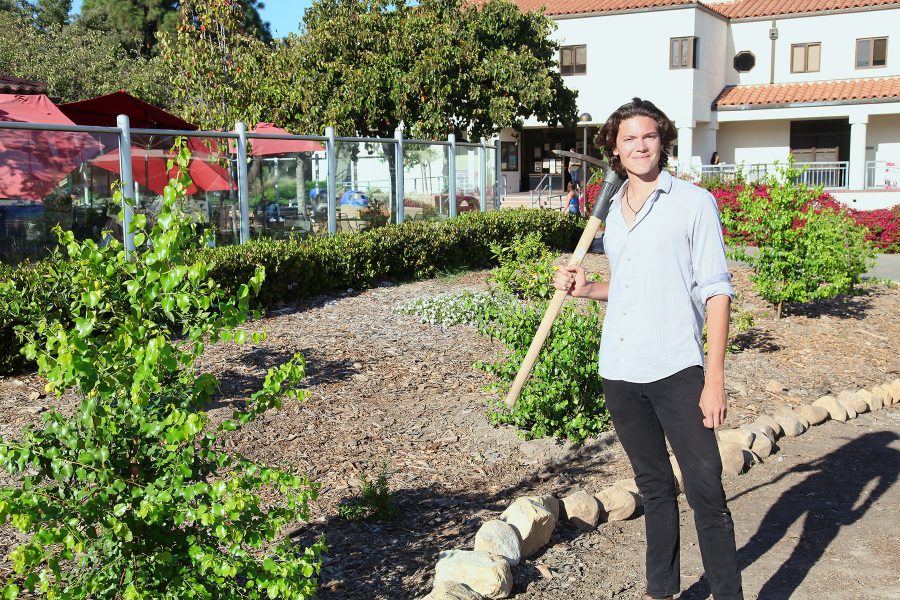
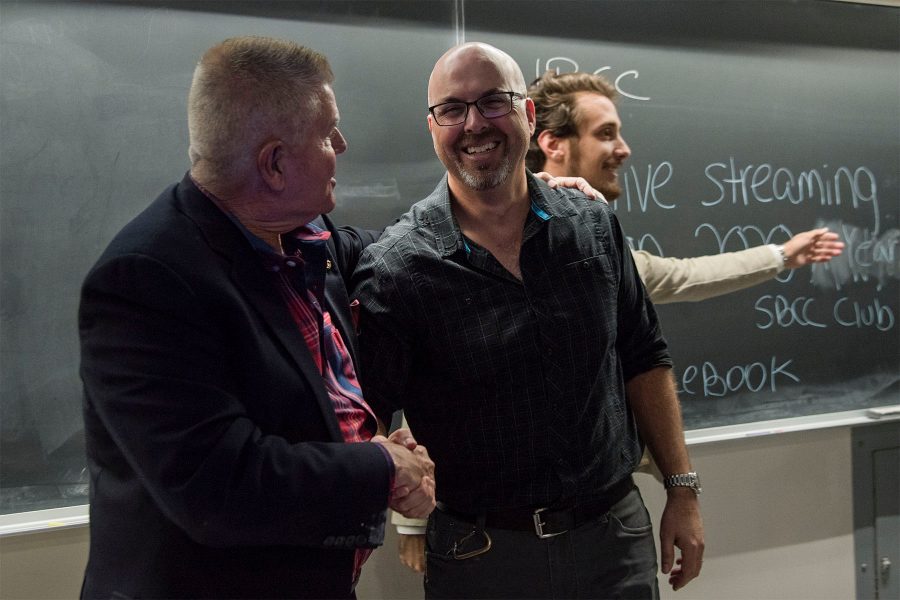
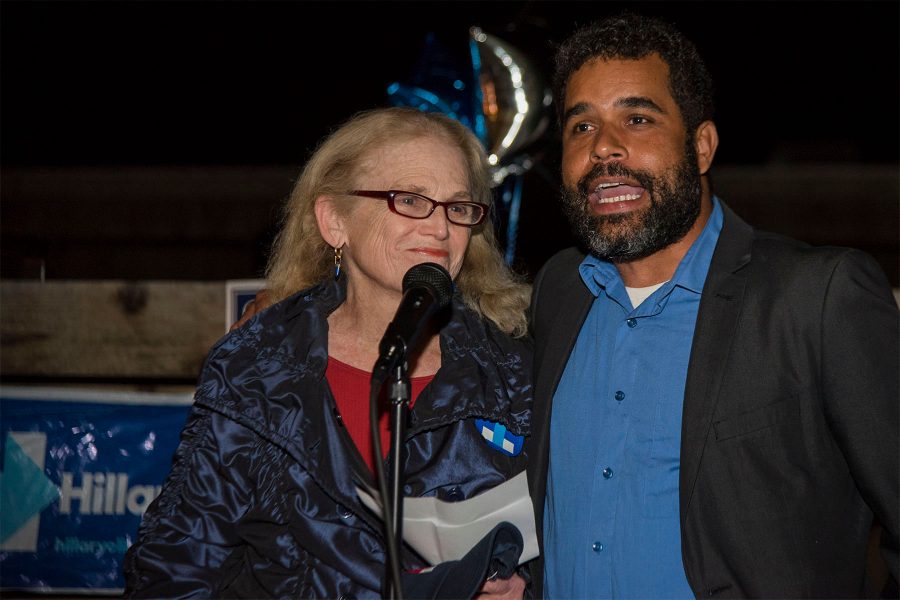
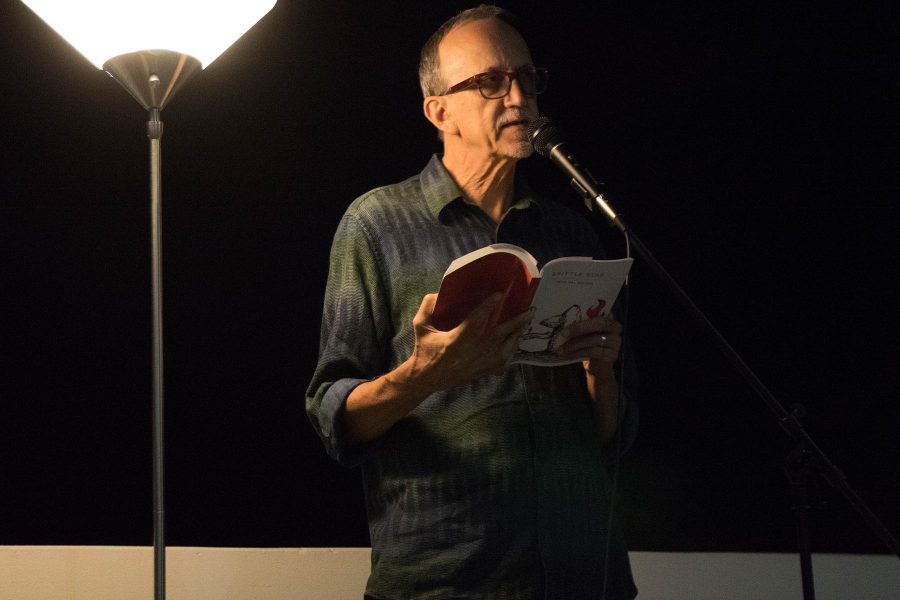
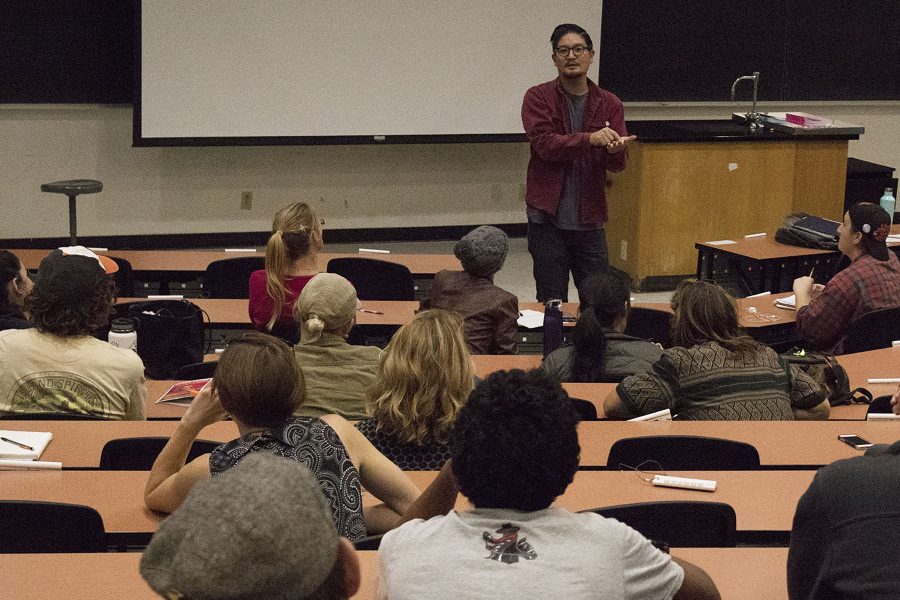
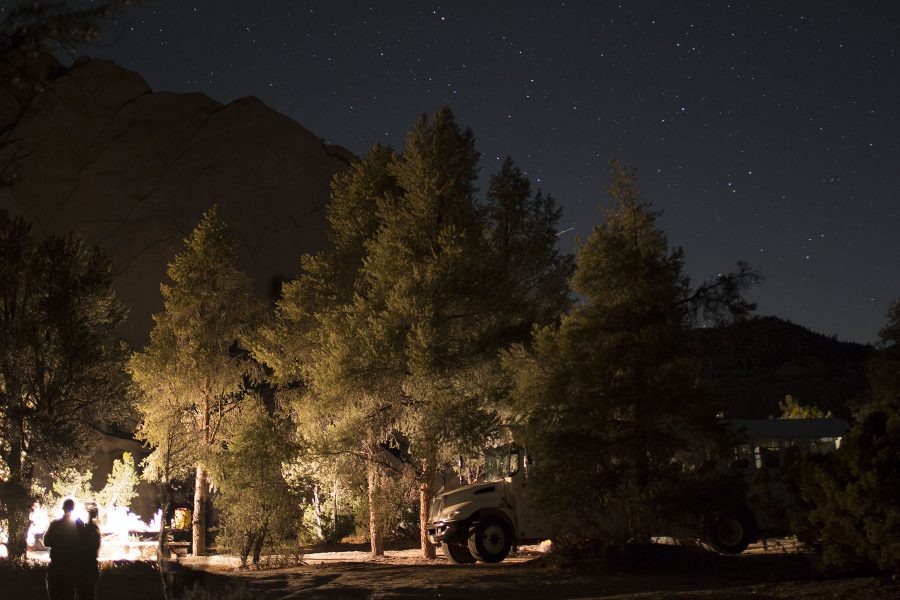
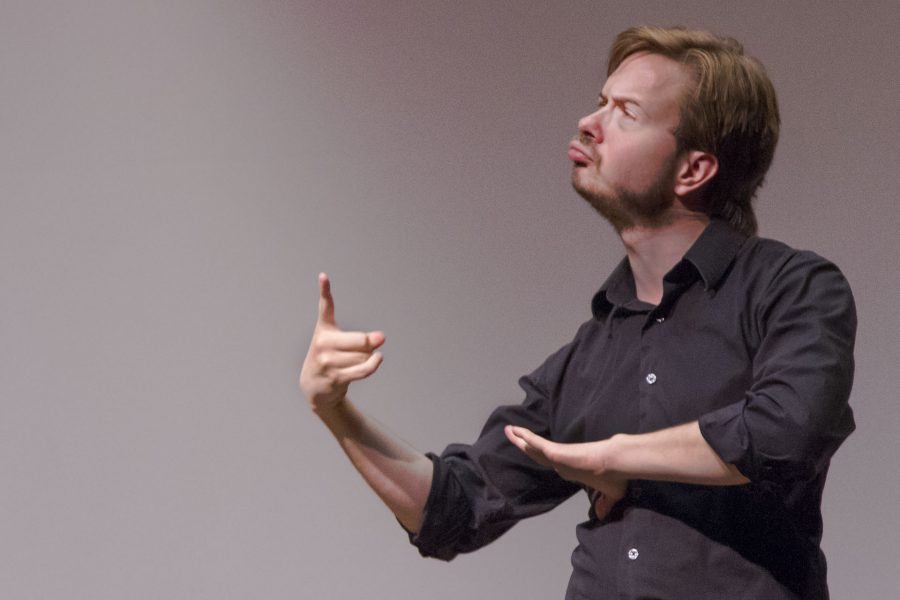
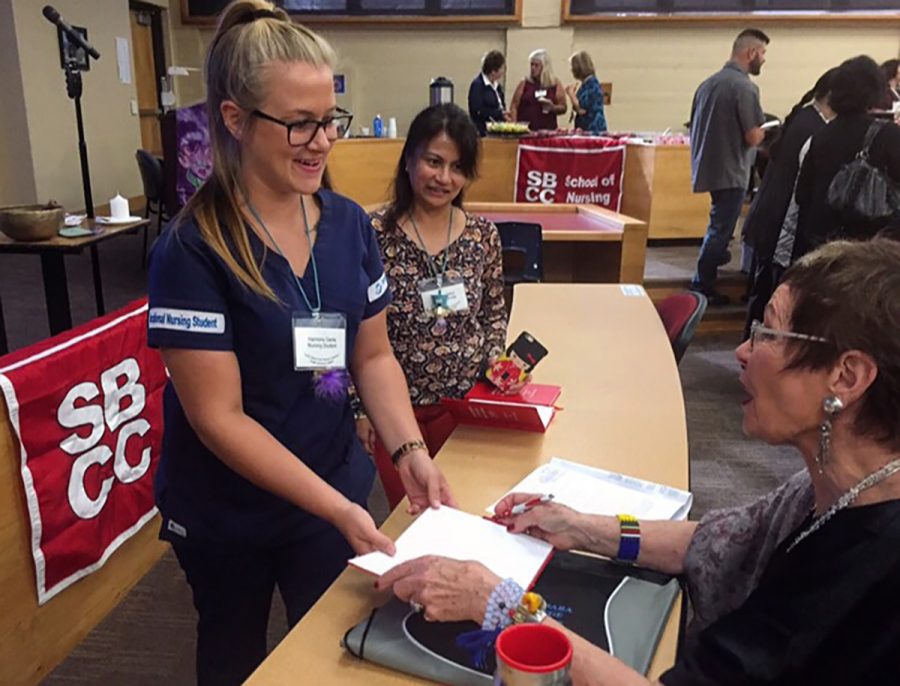

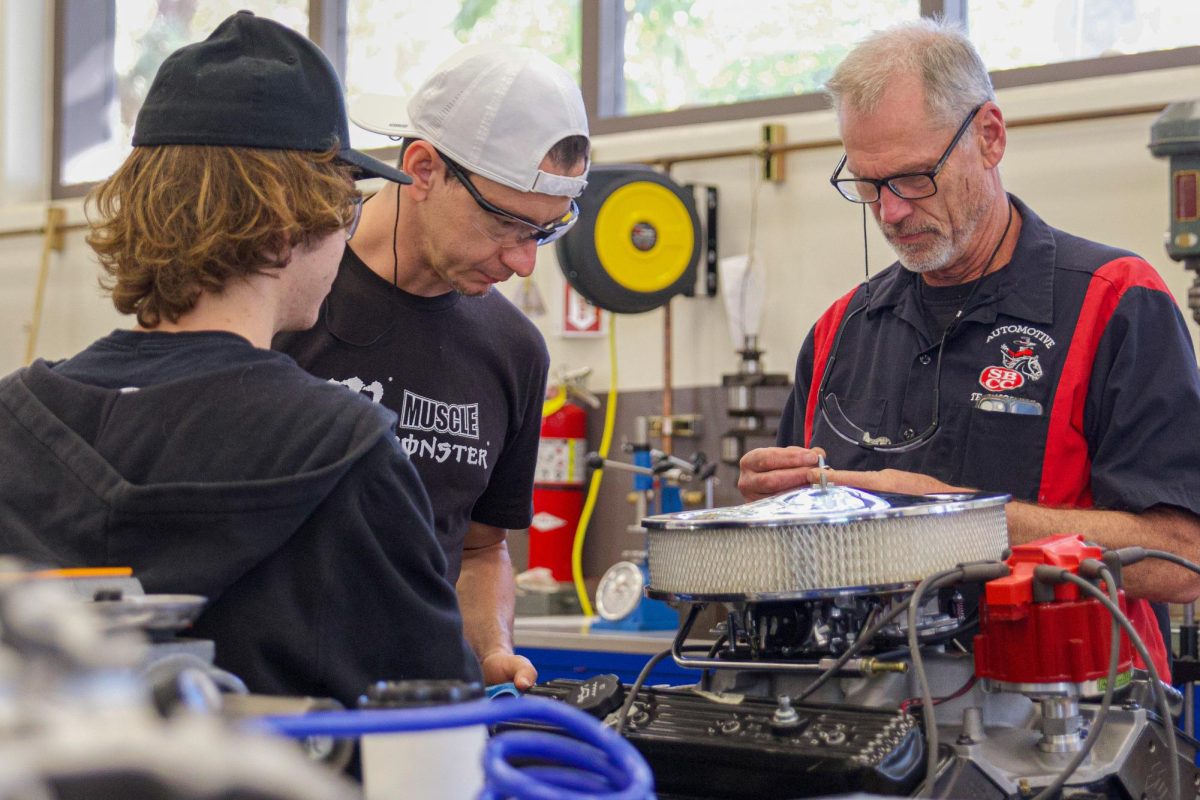
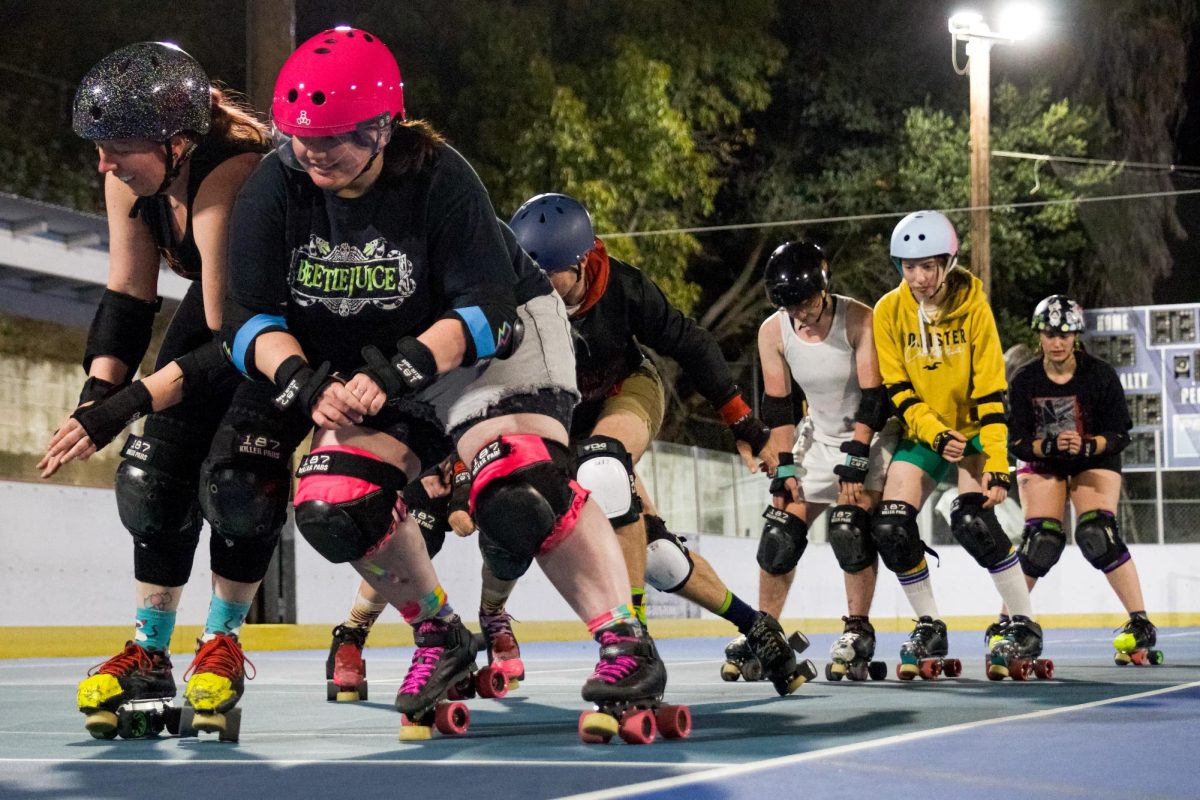


![Bingbong, a 1 and a half year old Belgian Malse Shepard mix, watches as a car passes by on Oct. 22 at the County of Santa Barbara Animal Shelter in Santa Barbara, Calif. "[Bingbong] is extremely playful, and enjoys his time with humans. He's a little stressed when he's left alone in the kennels...he really just wants a home," Animal Handler Dustin Fujuikawa said.](https://www.thechannels.org/wp-content/uploads/2024/10/AZFoster-3-1200x800.jpg)